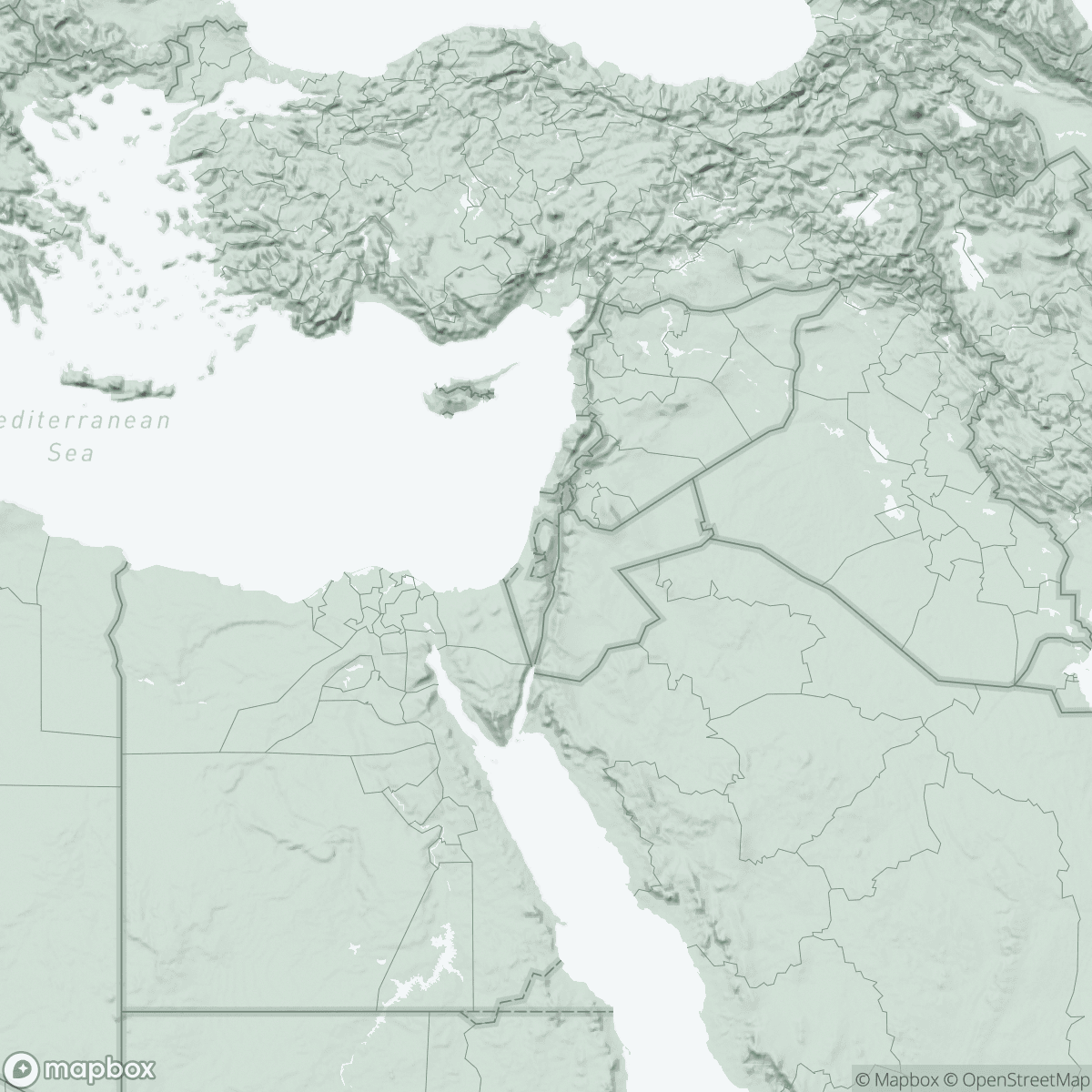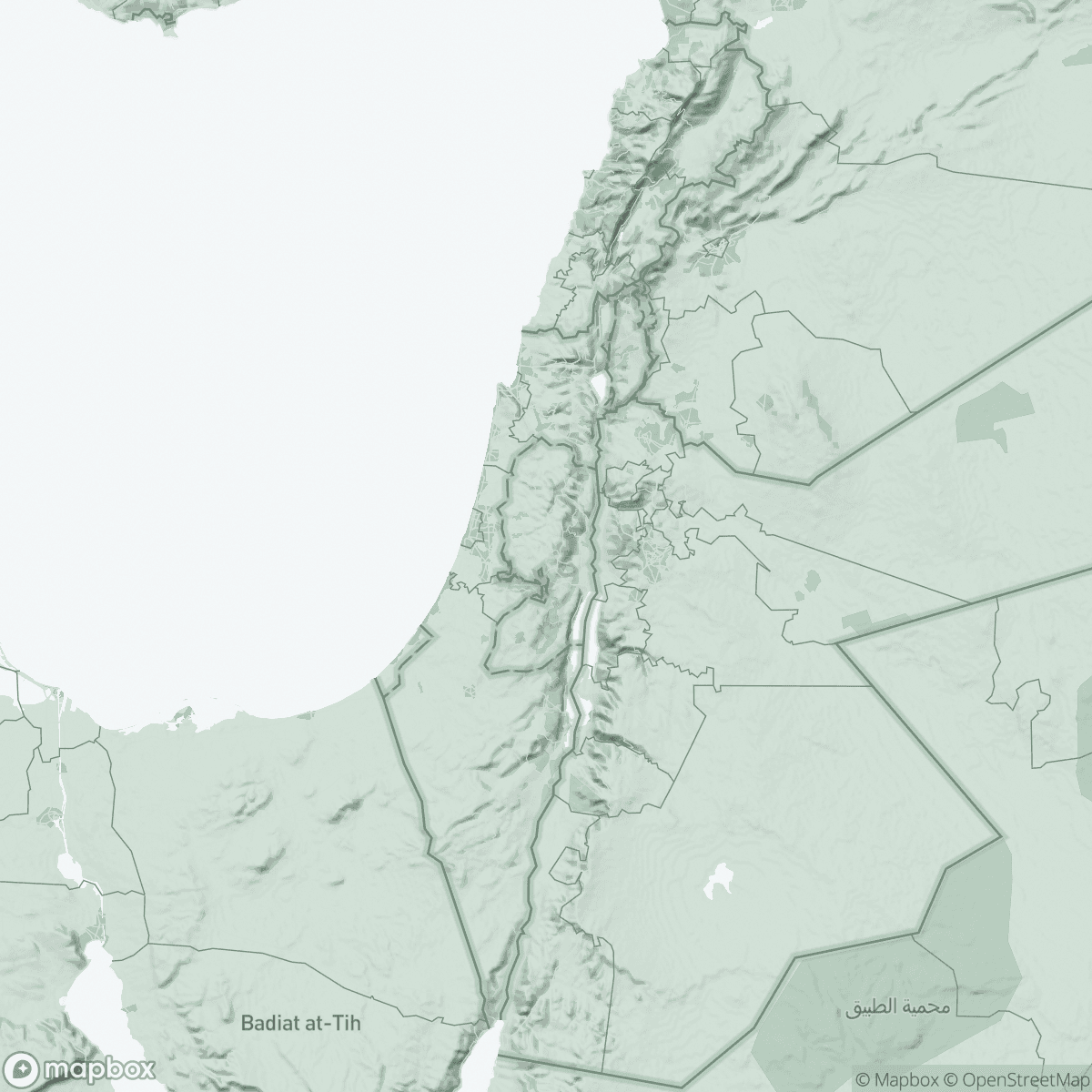
In 1 click, help us spread this information :
As Israeli Prime Minister Benjamin Netanyahu addressed a joint session of US Congress, Doctors Without Borders/Médecins Sans Frontières' (MSF) teams are responding to the unrelenting humanitarian catastrophe in Gaza. More than 39,000 Palestinians in Gaza have been killed and nearly 90,000 have been injured since all-out war escalated after Hamas’ attack on October 7, including large numbers of women and children, according to the Ministry of Health (MoH) in Gaza.
Israeli military operations continue to maim and kill civilians and block the provision of lifesaving humanitarian aid. People have been displaced time and time again, including many of MSF’s own staff. They struggle daily just to stay alive and meet even their most basic needs, including those of food, shelter, and medical care.
Under ongoing intense Israeli bombardment, the health care system is being destroyed even as the threat of disease and starvation grows. Six months after the International Court of Justice ordered Israel to take “immediate and effective” measures to protect the lives of Palestinians and prevent the risk of genocide, MSF teams see even more death and destruction.
To help meet some of people’s medical needs, MSF has been responding throughout the war, providing surgical support, wound care, physiotherapy, maternity and pediatric care, primary health care, vaccination, and mental health services. MSF currently runs medical activities in two hospitals, Al-Aqsa and Nasser Hospitals, and eight health care facilities.
MSF teams see each and every day the truth of this war and the horrific toll it’s taking on people across the Strip.
1. There are no safe places in Gaza
People in Gaza are trapped under constant bombardment, gun fire, and tank shelling. Israeli forces have repeatedly bombed places designated as “humanitarian zones,” including camps and informal settlements where displaced people have been living and humanitarian warehouses. Just over a week ago, MSF teams at Nasser Hospital received a huge influx of casualties after Israeli strikes hit a crowded area in nearby Al-Mawasi—an area Israeli forces advised people to go. Frequent attacks and the use of explosive weapons in densely populated areas have killed and maimed thousands of people.
Some 1.9 million Palestinians have been forcibly displaced by the war—90 percent of the entire population, according to the United Nations. Many people have been uprooted multiple times. They are living on the streets in deplorable, unhealthy conditions in makeshift tents that can barely withstand the elements, let alone bombs and airstrikes. They are especially vulnerable to infectious diseases that can spread rapidly in crowded conditions.
2. People are dying because medical and humanitarian aid is being blocked
From war wounds to malnutrition to chronic diseases, people are not able to access the medical care they need.
There is no health system to speak of left in Gaza. Israel’s military has systematically dismantled hospital after hospital. Fewer than half of the hospitals in Gaza are operational while people’s medical needs are greater than ever.
MSF teams see patients with catastrophic injuries like amputations, crushed limbs, and severe burns. An astounding number of MSF’s patients are children. In fact, approximately 32 percent of people who've been killed are children. Thousands of people who’ve been wounded are now amputees, often requiring a series of specialized surgeries and long and intensive physiotherapy. In addition to the direct impacts of war, we also see a large number of “silent killings”—preventable deaths from diseases like cancer or kidney issues caused by disruptions to critical health care services like chemotherapy and dialysis. Pregnant women are especially vulnerable.
There is no health system to speak of left in Gaza. Israel’s military has systematically dismantled hospital after hospital. Fewer than half of the hospitals in Gaza are operational while people’s medical needs are greater than ever.
Further crushing the health system is the fact that supplies aren’t getting into the Strip, partly due to the continued closure of the Rafah crossing. Israel’s ongoing siege and the obstruction of aid efforts have denied essential supplies to civilians, including fuel, food, water, and medicines. This is not a logistics problem; it is a political problem.
Between late April and mid-July, MSF was not able to get any aid into Gaza, leading to critical supply shortages in places like Nasser Hospital. Between July 10-15, six trucks carrying essential medical items were allowed in through the Kerem Shalom border crossing, though that’s a drop in the ocean compared to the immense needs of a devastated population. The delays are due to a variety of factors, including Israel's control over the entry and exit points into Gaza.
3. Hospitals, health workers, and humanitarians are under attack
Hospitals and other medical facilities have special protections under international humanitarian law, designed to safeguard the lives of civilians. However, Israeli forces have repeatedly bombed and raided hospitals and health care centers, attacked convoys, detained staff, and bulldozed vehicles.
Medics cannot treat the types of injuries they're seeing when hospitals become battlegrounds.
Approximately 500 health workers have been killed in Gaza, including six MSF staff, since October 7. MSF teams have had to flee 14 different health structures and endure 26 violent incidents since the start of the war.
Even in war, hospitals and medical staff must be protected.
4. All states supporting Israel’s prosecution of this war are morally and politically complicit
MSF has repeatedly called on Israel’s allies, including the United States, to do everything in their power to influence Israel to stop attacks on civilians and civilian infrastructure in Gaza.
In May, a US State Department report concluded that while it is “reasonable to assess” that Israel has violated international humanitarian law in Gaza, there was not enough information available to verify if any US weapons were used in specific incidents that contravened the law or US weapons policy. As the leading provider of military and financial support to Israel, the US has an obligation to assess if the conduct of the war is consistent with international and US laws designed to protect civilians and to apply the appropriate legal procedures.
In recognition of the devastating harm caused by explosive weapons when used in populated areas, the United States and 82 other states, including most NATO allies, have endorsed the Political Declaration on Strengthening the Protection of Civilians from the Humanitarian Consequences Arising from the Use of Explosive Weapons in Populated Areas (EWIPA). Israel has consistently used explosive weapons in densely populated Gaza, resulting in extensive—and foreseeable—civilian harm and widespread destruction. MSF has joined other humanitarian and human rights organizations in urging the Administration to refrain from transferring explosive weapons for use in Gaza, one of the most densely populated areas on earth.
All states that are supporting Israel in these circumstances are morally and politically complicit.
5. We need an immediate and sustained ceasefire
An immediate and sustained ceasefire by all parties involved in the conflict is critical to prevent more deaths and injuries and ensure enough aid enters Gaza.
Not only is a ceasefire necessary to prevent additional deaths and further suffering, it’s the only way for humanitarian organizations like MSF to operate at the scale needed in Gaza and effectively deliver assistance throughout the Strip. MSF is specialized in delivering aid in complex settings, but the level of humanitarian need is beyond the capacity of humanitarian actors given the unrelenting conflict and punishing siege.
Under international norms and laws, civilians must be protected from violence and have the right to access humanitarian assistance, especially medical care.
The US government has a responsibility, as a partner and ally of the Israeli government, to do everything in its power to end this suffering and bring about an immediate and permanent ceasefire.




